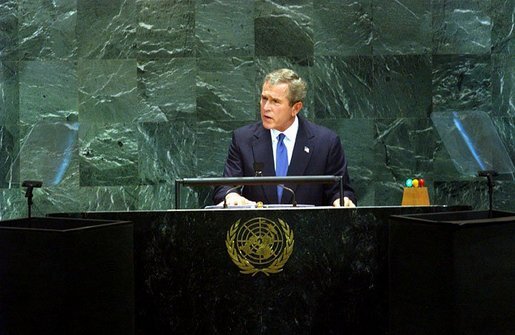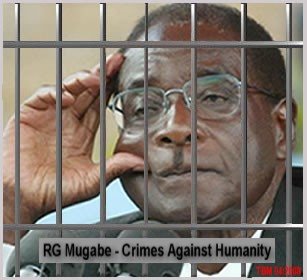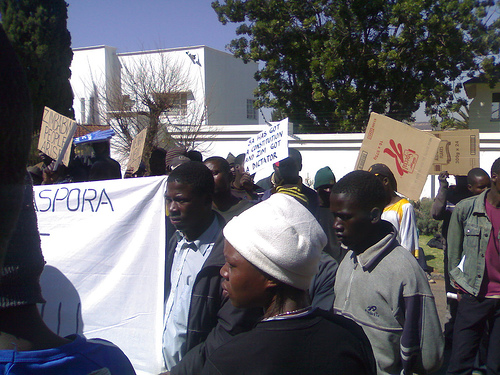14 September 2007
The birth of Zimbabwe was attended by great rejoicing and high hopes; 27 years later the country is facing institutional collapse and economic disaster.
The deepening political, social and economic crisis in Zimbabwe has over the past five years and more seldom been out of the headlines.
Now it is worth considering the kind of interventions, domestic and external, that will be needed to put Zimbabwe back on the right path.
Before considering the wider regional implications of helping to reconstruct Zimbabwe's economy, we should consider the lessons we can learn from the origins, nature and extent of the crisis.
How did an apparent success story turn into a tragedy?
What needs to be done and how can a similar crisis be prevented in Zimbabwe again? Can societies transcend their history?
President Robert Mugabe has understandably been singled out for responsibility. To call Mugabe dictatorial or despotic might well be true and morally satisfying, but it explains nothing.
Widespread demonisation of Mugabe might even impede the understanding and explaining of the situation in Zimbabwe.
We need to unpack issues that might help to identify what brought Zimbabwe to where it now is and that which needs to be done.
Has Mugabe's personal role been overplayed? After the pendulum has swung between exaggerating and underestimating the roles of personalities, popularly endorsed policies and other institutional factors, the longer perspective suggests that in Zimbabwe, as in many other failed states, neither the institutional forces nor the personality is sufficient explanation without the other.
There is a strong tendency to ascribe developments in Zimbabwe to Mugabe's personality and autocracy. It is believed his exit from the national stage is all that will be required to return the country to its former status as an admired and successful nation state.
Were this true then even if recent attempts to negotiate his departure from office are unsuccessful one of life's two certainties will eventually solve the problem.
But neither Mugabe's eventual departure from office nor even a speedy reversal of failed policies will guarantee that the rebuilding policies will be a success, though both might be necessary for the reconstruction of Zimbabwe.
We will also have to evaluate what important facilitation and influential role the Southern African Development Community, and South Africa in particular, can play in these processes.
This is not to say that lesser measures or preconditions will fail to ameliorate the situation.
All the SADC states have a vital stake in the nature of the change in Zimbabwe and in the success of those who support genuine political and economic reconstruction.
We must also assess how far institutions have been corrupted after 27 years of virtual one-party rule and identify all the post-Mugabe challenges in turning the country around.
Whatever the outcome, the present government's successors, once in power, will have to immediately deal with the consequences of past misrule and mistakes.
How they choose to do so, and how the international community responds to their efforts, are important factors in evaluating their prospects for success. But ultimately the decisions have to be taken by Zimbabweans themselves.
Subscribe to: Post Comments (Atom)
Sick of deleting your inbox? Yahoo!7 Mail has free unlimited storage. Get it now.



























0 comments: